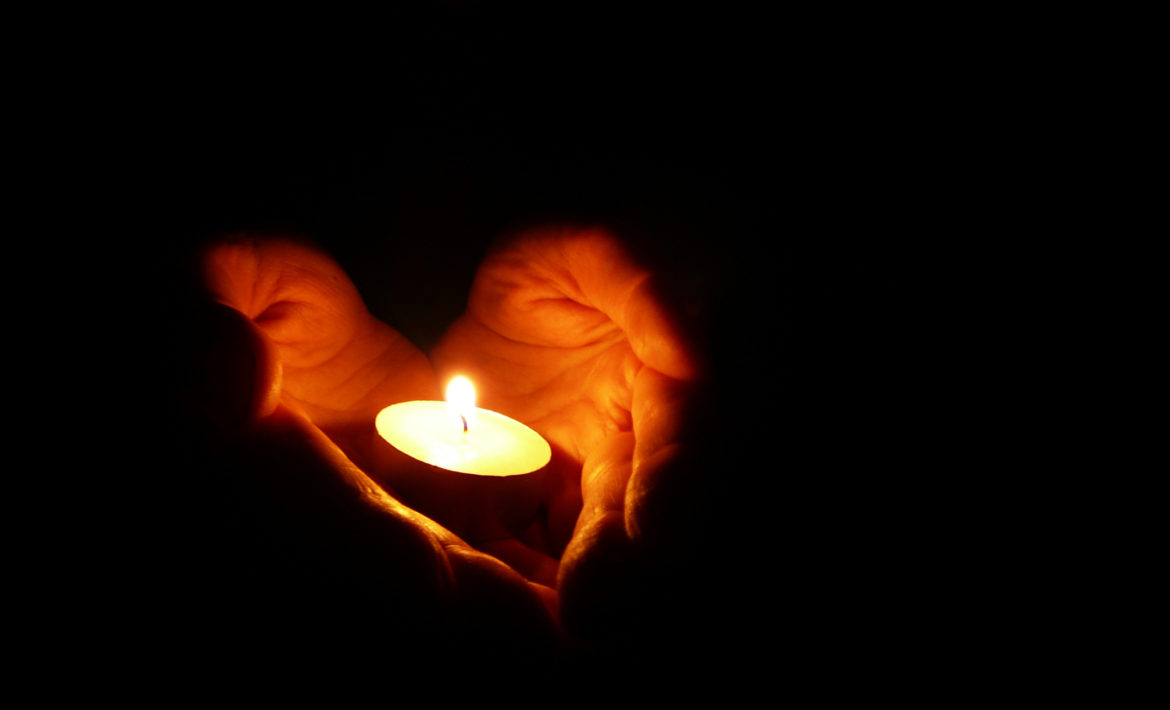From the Pastor’s Desk – August 2014
Then I considered all that my hands had done and the toil that I had expended in doing it, and behold, all was vanity and striving after wind, and there was nothing to be gained under the sun. (Ecclesiastes 2:11)
Like many of you, I was quite taken aback by the news this past week that the actor and comedian, Robin Williams, had taken his own life. I always found him to be a gifted actor- I had seen Mrs. Doubtfire, Dead Poets Society, and several other of his films. I always thought he was one of the most natural and witty comedians of our generation. Thus his death came as quite a shock to many of us.
There are reports that he had previously battled alcoholism and other substance abuse, but apparently he was clean and sober when he died. Other reports indicate that he suffered from bipolar disorder. Looking back now, the manic side of him showed up when he was a guest on the Charlie Rose or Jay Leno Show. His wit raced faster than our ears or brains could follow, at least mine anyway. These episodes perhaps contributed to his comedic genius. But none but his family and closest friends ever witnessed his depression side. Apparently, according to some reports, he was also in the early stages of Parkinson ’s disease, which I understand can precipitate depression too.
I’m no expert in psychology, but my understanding is that Bipolar Disorder is a bit of a catch-all diagnosis; symptoms can extend from moderate mood swings all the way to borderline psychosis. All of us have mood swings from time to time. After an extra cup of Starbucks I’m ready to run a half-marathon. Five hours later I’m asleep in my chair. Many of us have also experienced more substantial blues, myself included; I also know that more serious depression runs in one side of my family—my dad, my grandfather and great-grandfather. Numerous noteworthy Christians are included in the ranks as well—Martin Luther, Charles Spurgeon, the hymn writer William Cowper, and C.S. Lewis. So for those who have experienced one degree or another of the down times, we are in good company. Yet, suicide is such a radical and final step.
We need to remember that Scripture speaks to every aspect of life, even to depression. The book of Ecclesiastes, I believe, is a case in point. Life is not just about personal experiences and emotions, existential philosophy notwithstanding. There is more to it than that, such as the impact that our lives have on others. No man is an island, as we are reminded by the Jimmy Stewart film, It’s a Wonderful Life. Our lives touch everyone else around us, and those closest to us are impacted the most. Yet even as significant as this is, it is still only part of the picture.
Much of modern secular psychology, I am convinced, missed a whole dimension to the human make-up—the spiritual dimension. Not the “spiritual” that has to do strictly with our own emotions and experiences, but the “spiritual” that has to do with the personal and Sovereign God who made us. If God made us, then that means we do not belong to ourselves but to the one who made us for his purpose. That means our individual lives each have a value and purpose that extends beyond our own emotions and experiences, while at the same time encompassing those very emotions and experiences, both good and bad. While we may not understand what purpose there is in our circumstances, we, by faith, learn to trust that God does understand and even more importantly controls them. This, I believe is the underlying message conveyed to us by the author of Ecclesiastes, and it can make all the difference in the world in what we do with the emotional outflow of our circumstances.
I found myself wishing that I had known Robin Williams personally well enough that I could have changed his mind on his decision to end his life. But, of course, such is not the case. Many of us perhaps have known others who have chosen to make the same decision. And yes, we may even know of Christians who have also reached such a state of desperation that they have chosen to take matters into their own hands and end their pain through suicide. Nowhere is Scripture does it say that this is the unforgivable sin. Yet, we need to remember that our lives are not our own because God is God. He has a purpose for us, and in that purpose there is real hope.
Pastor Tom Bridgman

